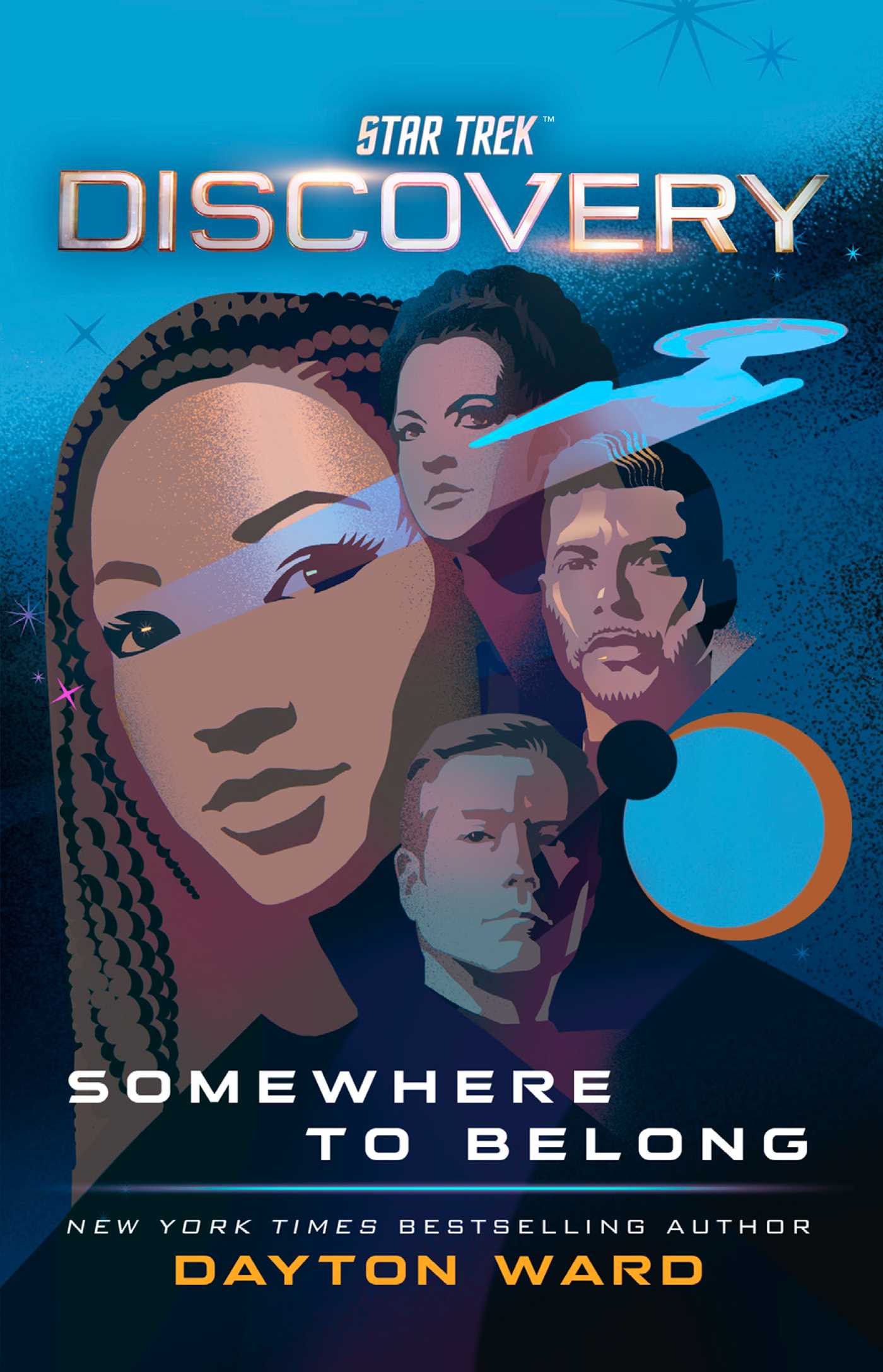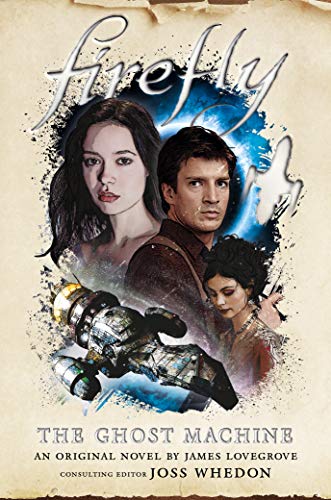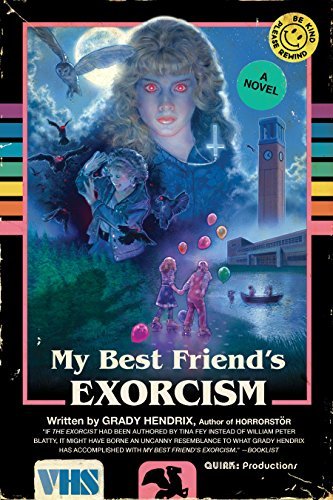
A Spartan’s Sorrow by Hannah M. Lynn
Genre: historical fiction
I read it as a(n): ARC
Length: 332 pp
Her Grace’s rating: 4 stars
Everyone knows at least the gist of the Trojan War and its major players – idiot Paris, Helen with her face that launched a thousand ships, brave Achilles and Odysseus, Menelaus and Agamemnon. Probably, too, people are more familiar with portrayals of Agamemnon’s wife, Clytemnestra, as a devious, selfish, and vengeful woman who gets her comeuppance in the fullness of time. Well, Hannah M. Lynn’s novel, A Spartan’s Sorrow, turns that portrayal right on its head. Instead, we see Clytemnestra as a complex figure, abused, grieving, and fiercely protective of her children.
The novel begins with Agamemnon’s fleet ready to set sail to Troy. The seas, however, are becalmed and nobody’s going anywhere until that changes. Turns out, Agamemnon pissed off the goddess Artemis when he killed a stag that was special to her. To appease Artemis and get her to return the wind to the seas, he sacrifices his eldest daughter with Clytemnestra, Iphigenia. Then off he pops to Troy for ten years, leaving his wife shattered with grief and 100% planning her revenge.
During the course of the novel, we see behind the throne, as it were, into the inner workings of the Mycenean kingdom. Clytemnestra is that most terrifying character of all – a strong, brave, competent woman. She rules Mycenea fairly and efficiently, and in time her subjects come to regard her with tremendous respect. She is a single working mother of the ancient world in every respect that matters. She raises her children as fairly as she can, including supporting their interests, teaching them the ways of their social class, and fosters their love for their people. Even though she has plenty of cause to, Clytemnestra also never speaks badly of Agamemnon to her children, which should probably count as some kind of Herculean task. If my husband killed not only one of my children with him, but also my first husband and infant son, you can bet I would be telling everyone about it. Equatorial pygmies would know how I felt about him.
So once he kills Iphigenia, do you think Clytemnestra is just going to sit back and wait to see if he feels he needs to kill another one of his kids? No. No, she does not. Every single thing she does is to ensure the safety of her surviving children, no matter how difficult it is for her personally.
I loved this book because it showed her in a much more realistic light. In most of literature, Clytemnestra is portrayed as being such a cow. In this book, she is a mother first and foremost. The things she thinks and feels and does are understandable to any woman who has children of her own. She is a complex, well-rounded figure in the book, not a one-dimensional, scheming villain. She is a flawed, realistic woman.
Similarly, the other characters are also very well-developed. Electra, her youngest daughter, evolves from a bold little girl to a young woman who despises her mother based on an incorrect assumption. And yet, she loves her little brother, Orestes, deeply and unconditionally. Orestes himself grows from a toddler to a young man and king in his own right, retaining his sweetness and gentleness but honing his political acumen to great effect.
I definitely enjoyed this book and, even though it is listed as the second in a trilogy, it easily reads as a standalone. I enjoyed it enough that I may well go back and read the first one, which I believe focuses on Medusa. YASSSS, queen, give me all the feminist retellings, please!
A version of this review was originally published in the Historical Novels Review.










 The Spirit Bares Its Teeth
The Spirit Bares Its Teeth